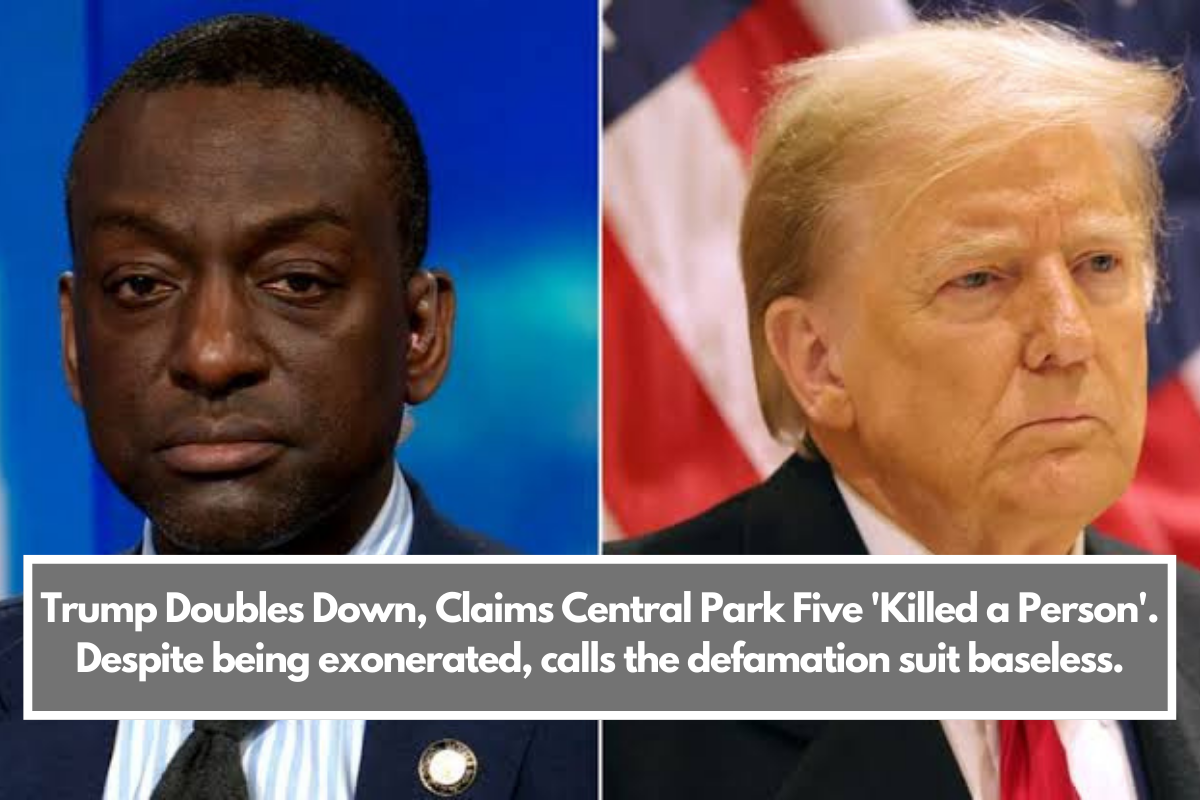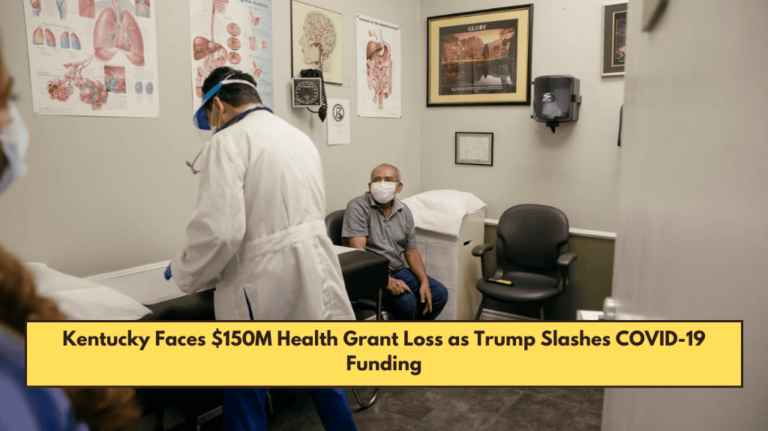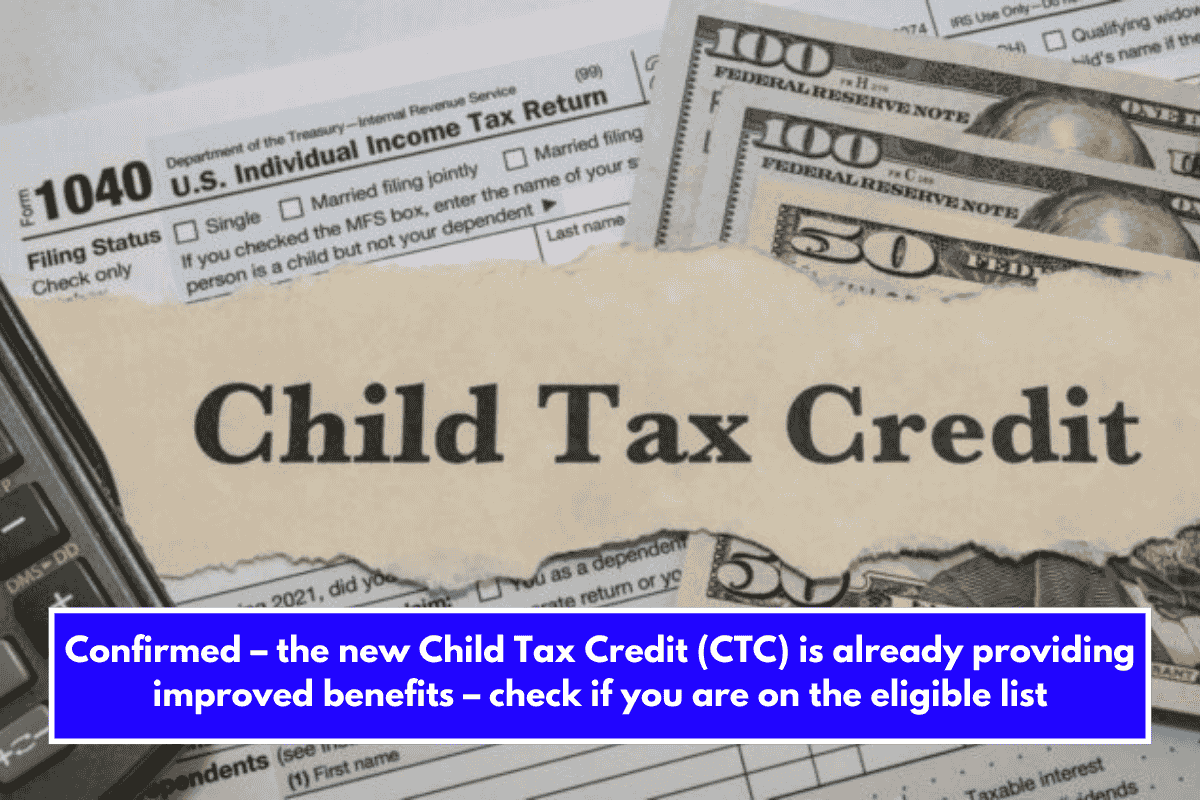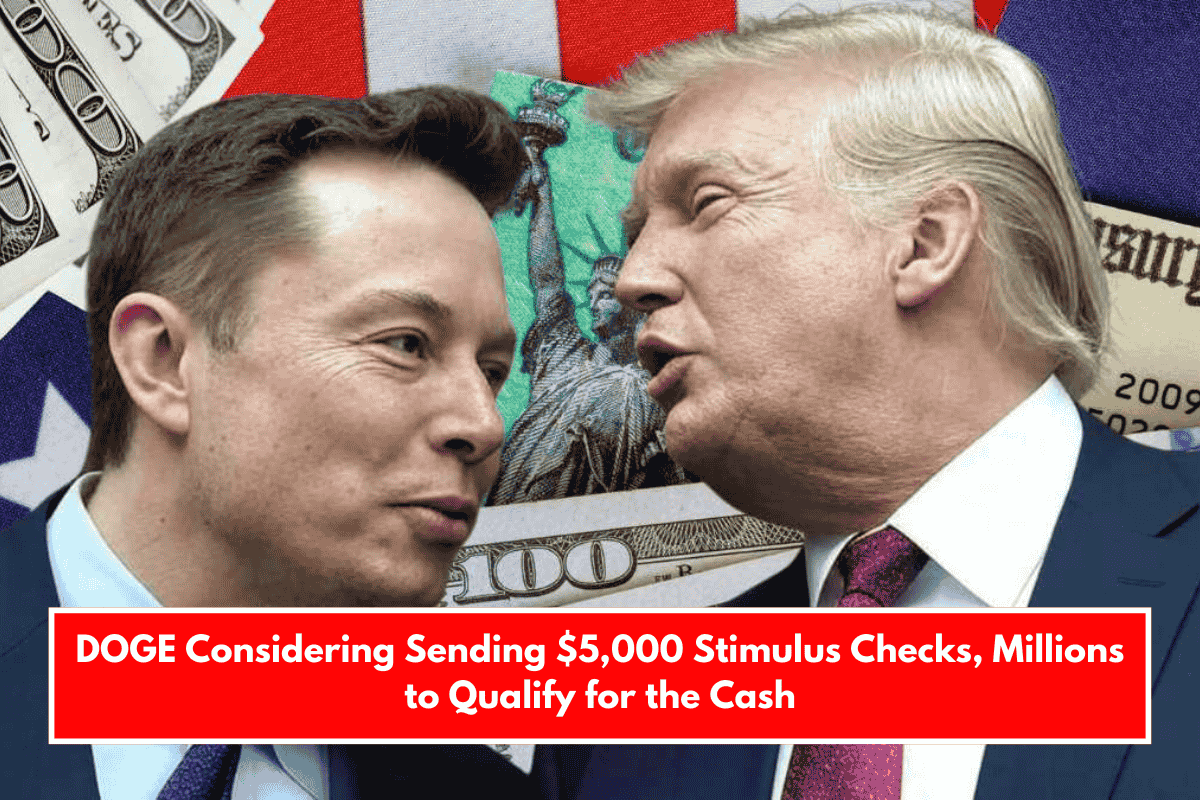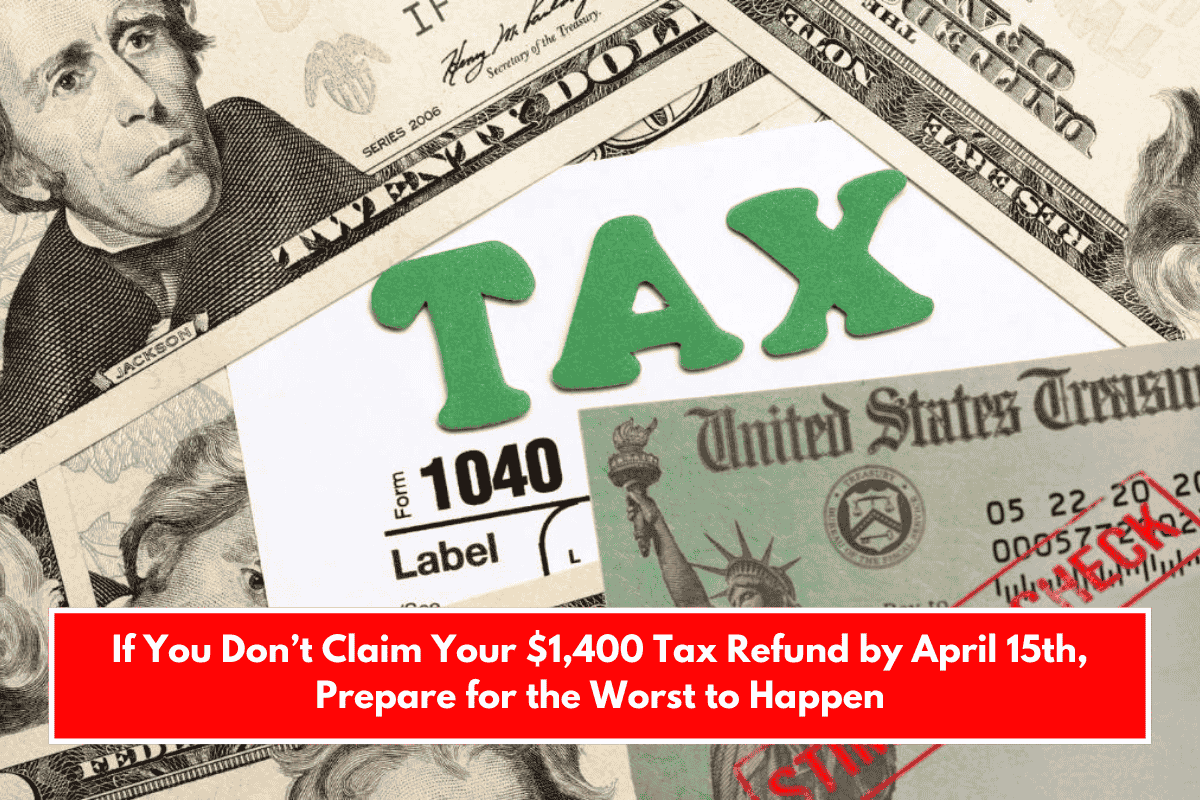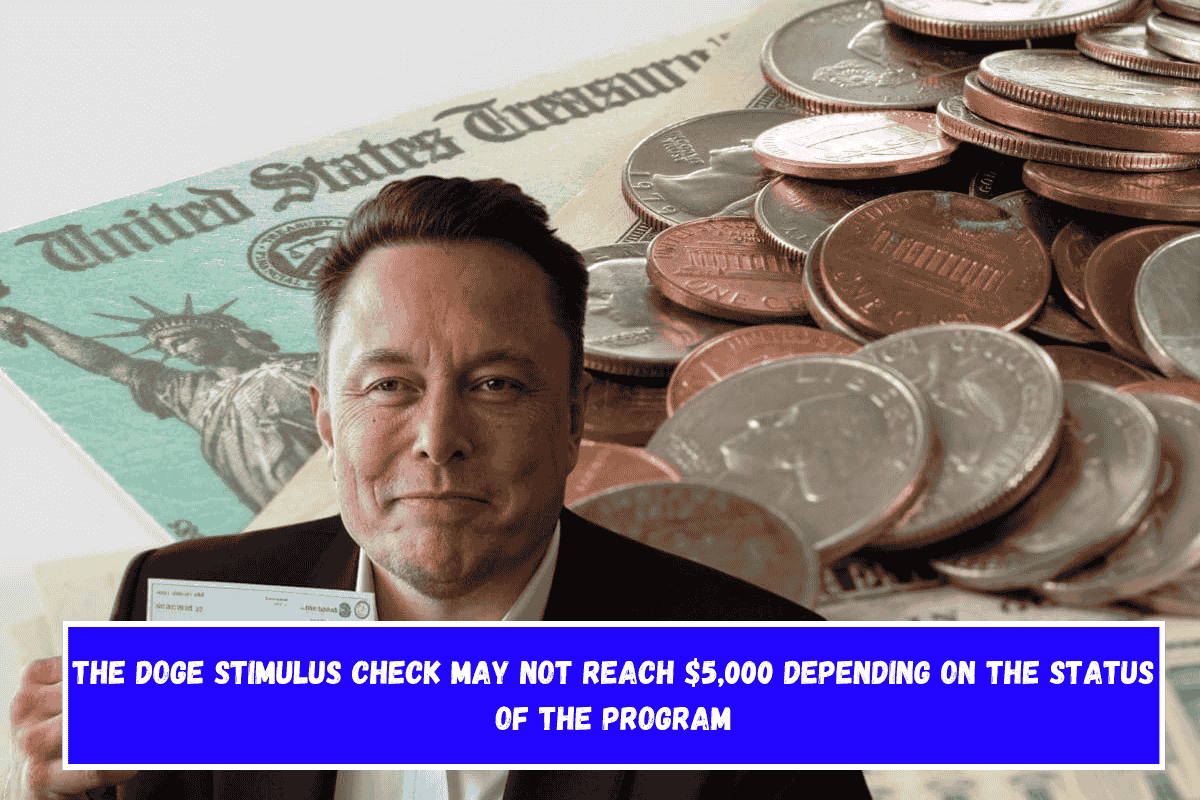In October 2024, the former Central Park Five—Antron McCray, Kevin Richardson, Raymond Santana, Korey Wise, and Yusef Salaam—filed a defamation case against former President Donald Trump. The lawsuit claims that during a presidential debate with Vice President Kamala Harris, Trump made false and defamatory comments, stating the men “killed an individual and pled guilty to the crime.” The plaintiffs argue that these claims are manifestly incorrect, given they were exonerated in 2002 after spending years in prison for a crime they did not commit.
In response, Trump’s legal team submitted a move to dismiss the complaint, claiming that his words were protected by the First Amendment as political speech and were “substantially true.” They argue that the plaintiffs are portraying constitutionally protected speech as defamatory.
The Central Park Five were falsely convicted in 1990 for the 1989 assault and rape of a female jogger in Central Park. Their convictions were reversed in 2002 after the true perpetrator, Matias Reyes, admitted to the crime and DNA evidence proved his involvement. In 2014, they paid $41 million to settle a lawsuit with New York City.
This legal action emphasizes persistent tensions between the exonerated men and Trump, who in 1989 ran a full-page ad in The New York Times advocating for the resumption of the death sentence in reaction to the assault. The plaintiffs claim that Trump’s recent words have perpetuated misinformation about their role in the crime.
As the case develops, it highlights the intricacies of defamation law, particularly statements made by public figures about issues of public importance. The outcome may have a substantial impact on how such utterances are treated legally.

